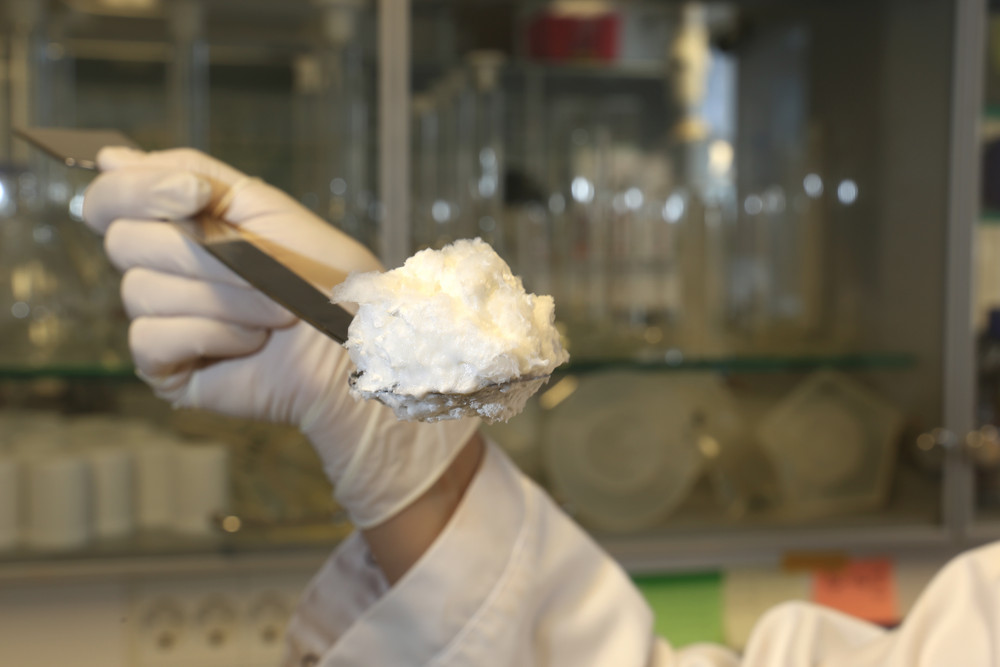Egg white is one of the most important protein ingredients for the food industry, with a market of 1.6-million ton/yr in 2020 and projected to grow in the future. Searching for sustainable alternatives to animal-based proteins has been of growing interest within the food industry. One alternative is so-called cellular agriculture, also called precision fermentation when used for recombinant ingredient production. Such biotechnology-based methods decouple the production of animal proteins from animal farming by instead using a microbial production system to produce a specific protein.
In a recent study published in Nature Food, researchers from the Future Sustainable Food Systems research group at the University of Helsinki together with the Technical Research Center of Finland (VTT; Helsinki; www.vttresearch.com) show that fungus-produced ovalbumin — the main protein of egg white — could have the potential to mitigate part of the environmental burden associated with chicken egg-white powder. This is especially true when using low-carbon energy sources in the production. Compared to its chicken-based counterpart, ovalbumin produced by precision fermentation reduced land-use requirements by almost 90% and greenhouse-gas emissions by 31–55%, according to the study.
“VTT has succeeded in producing ovalbumin with the help of the filamentous ascomycete fungus Trichoderma reesei,” explains Emilia Nordlund, research manager at VTT. “The gene carrying the blueprints for ovalbumin is inserted by modern biotechnological tools into the fungus, which then produces and secretes the same protein that chickens produce. The ovalbumin protein is then separated from the cells, concentrated and dried to create a final functional product,” she says.

Source: VTT